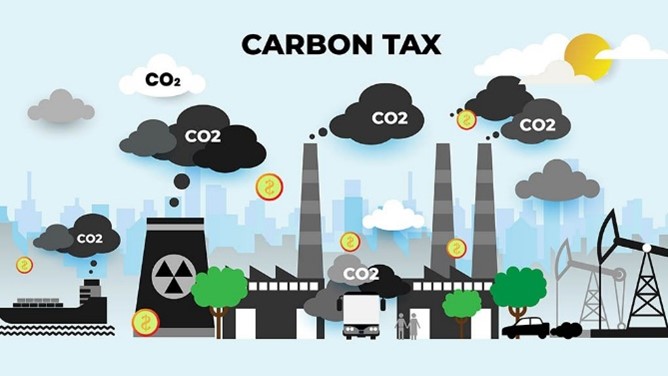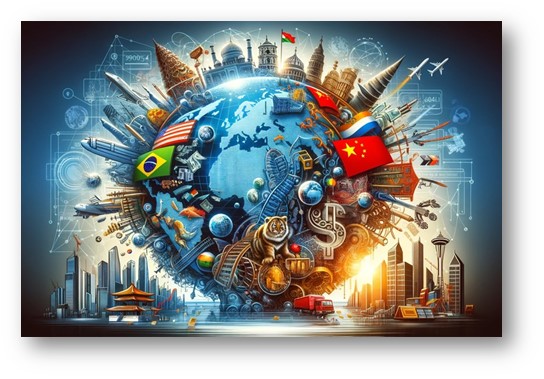What factors contribute to the rise of populist movements globally?

What factors contribute to the rise of populist movements globally?
by Maximilian 04:26pm Feb 04, 2025
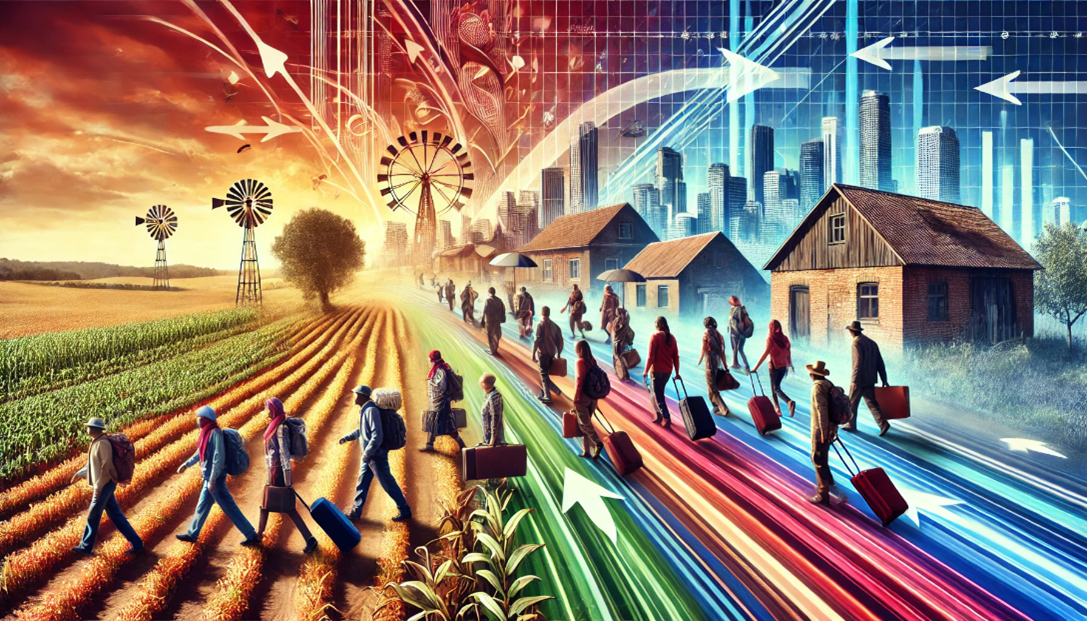
The rise of populist movements globally can be attributed to a complex interplay of economic, social, political, and cultural factors. Populism thrives in times of uncertainty and discontent, offering simplistic solutions to complex problems and appealing to the sense of grievance or neglect felt by certain groups. Here are the primary contributing factors:
1. Economic Inequality and Insecurity
Stagnating Wages: Many middle- and working-class individuals feel left behind by globalization, automation, and neoliberal economic policies.
Job Losses: Economic restructuring has displaced workers, particularly in traditional industries like manufacturing and mining, leading to resentment.
Wealth Concentration: The growing wealth gap has fueled perceptions that elites disproportionately benefit from economic systems at the expense of ordinary citizens.
Example: The rise of populist leaders in the U.S. and Europe has been fueled by economic grievances in deindustrialized regions.
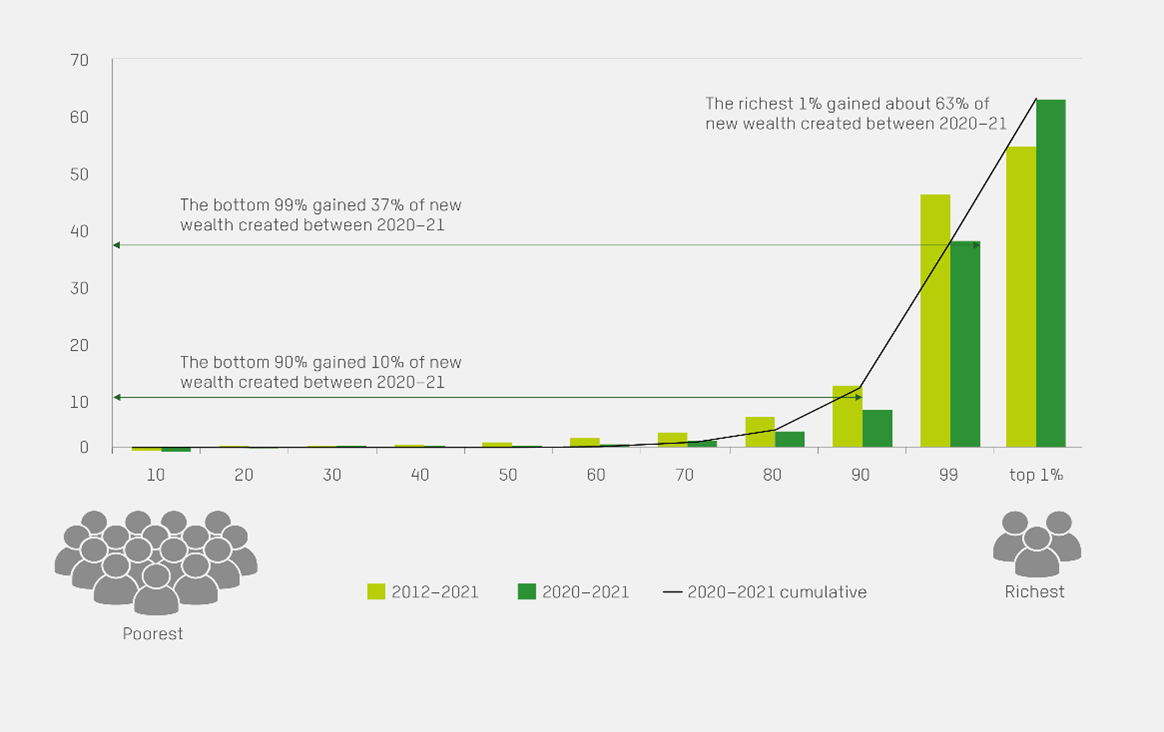
2. Globalization and Its Discontents
Perceived Loss of Sovereignty: Free trade agreements, multinational corporations, and international organizations are often seen as eroding national control over economic and political decisions.
Cultural Displacement: Exposure to global cultures has, for some, created fears about the erosion of traditional national identities.
Example: Brexit was driven in part by concerns about globalization's impact on sovereignty and local industries.
3. Migration and Demographic Changes
Fear of Cultural Change: Immigration is often framed by populists as a threat to national identity, security, and resources.
Competition for Resources: Concerns about job competition, housing, and public services can create tensions between locals and immigrants.
Scapegoating Minorities: Populists frequently use anti-immigrant rhetoric to rally support by fostering an “us vs. them” narrative.
Example: Anti-immigration sentiment has been a central theme in the campaigns of populist leaders like Marine Le Pen in France and Viktor Orbán in Hungary.

4. Distrust in Traditional Political Institutions
Corruption and Elitism: Perceptions that mainstream politicians and institutions prioritize self-interest over public good lead to widespread disillusionment.
Ineffectiveness: Political gridlock, inability to address pressing issues, and failure to deliver economic or social progress diminish trust in traditional parties.
Democratic Backsliding: Declining faith in the ability of democracies to address contemporary challenges creates an opening for populist rhetoric.
Example: Populist parties in Italy and Spain have capitalized on dissatisfaction with long-standing political corruption scandals.
5. Media and the Role of Social Platforms
Social Media Amplification: Platforms like Facebook and Twitter allow populists to bypass traditional media and communicate directly with supporters, often using emotionally charged rhetoric.
Misinformation and Fake News: Populist movements exploit disinformation to delegitimize opponents and bolster their narratives.
24-Hour News Cycle: Sensationalism in news reporting often gives disproportionate attention to populist leaders and their provocative statements.
Example: Former U.S. President Donald Trump effectively used Twitter to mobilize his base and set the agenda.
6. Cultural and Identity Politics
Backlash to Social Liberalization: Rapid progress in areas like LGBTQ+ rights, gender equality, and multiculturalism has triggered reactions from those feeling alienated by these changes.
Religious Resurgence: In some regions, populism is tied to a reassertion of religious or conservative values against perceived secularism or modernity.
Nostalgia Politics: Populists often evoke a romanticized past, claiming they will restore the nation to its former glory.
Example: Populist movements in India and Turkey often blend nationalism with religious conservatism.
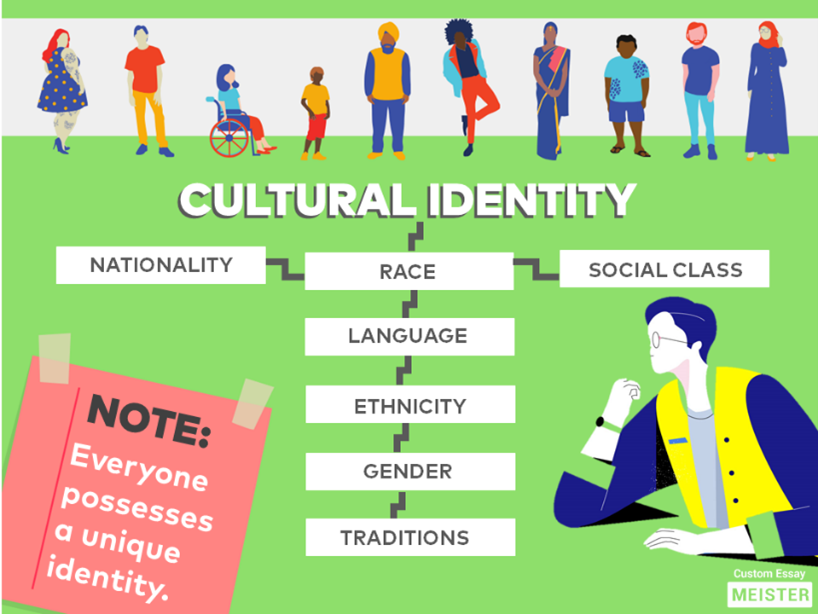
7. Crisis and Uncertainty
Economic Crises: Financial collapses and austerity measures erode trust in traditional economic policies and leaders.
Health and Environmental Crises: The COVID-19 pandemic and climate change have created anxieties that populists exploit by proposing simple, decisive solutions.
Security Threats: Terrorism, wars, and geopolitical tensions amplify fears and create fertile ground for nationalist rhetoric.
Example: The Greek financial crisis fueled the rise of Syriza, a left-wing populist party, while austerity measures boosted far-right movements like Golden Dawn.
8. Weakness of Established Political Parties
Fragmentation: Declining party loyalty and ideological shifts have weakened traditional political structures, creating openings for populist movements.
Failure to Address Grievances: Mainstream parties often fail to address citizens' concerns about jobs, security, and cultural change, allowing populists to fill the void.
Example: The collapse of traditional party systems in Latin America has paved the way for populist leaders like Jair Bolsonaro in Brazil.
9. Populist Leadership Styles
Charismatic Leaders: Populists often rely on strong, charismatic leaders who claim to represent the “will of the people” against corrupt elites.
Personalized Politics: These leaders often blur the lines between themselves and the state, framing criticism as an attack on the nation.
Example: Leaders like Narendra Modi, Donald Trump, and Recep Tayyip Erdoğan have cultivated strong personal followings by portraying themselves as defenders of the common people.
Conclusion
Populist movements arise in response to widespread discontent with existing systems, fueled by economic inequality, cultural shifts, and institutional failures. While populism can highlight genuine grievances, its reliance on divisive rhetoric and simplistic solutions often exacerbates polarization and undermines democratic norms. Addressing the root causes—such as economic insecurity, lack of representation, and distrust in institutions—requires systemic reforms, inclusive policies, and greater accountability to rebuild trust and resilience in governance.



